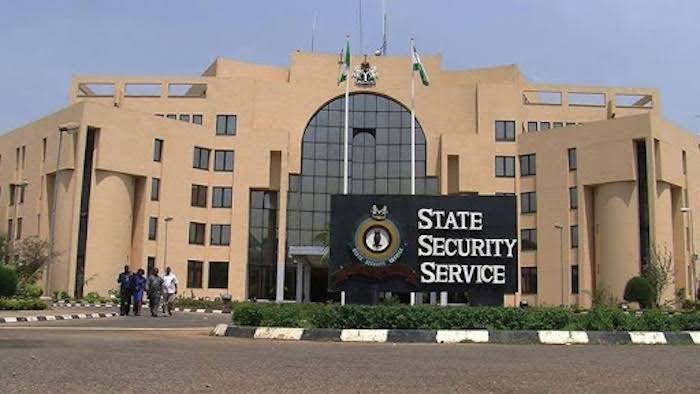The Department of State Services (DSS), established in 1986, plays a crucial role in safeguarding national security, gathering intelligence, and protecting Nigeria against domestic threats. The DSS operates on a hierarchical structure encompassing non-officers, junior officers, senior officers, and high-ranking officers.
Ranks within the DSS:
1. Non-Officers:
- Recruit
- Private
- Lance Corporal
- Corporal
- Sergeant
- Staff Sergeant
2. Junior Officers:
- Second Lieutenant
- Lieutenant
- Captain
3. Senior Officers:
- Major
- Lieutenant Colonel
- Colonel
4. High-Ranking Officers:
- Brigadier General
- Major General
- Lieutenant General
- General
DSS Salary Structure:
The salary structure within the DSS is based on the Consolidated Para-Military Salary Structure (CONPASS), a unified scale for paramilitary units in Nigeria. Salaries vary depending on factors such as rank, experience, education level, and budgetary allocations.
While specific salary details are classified due to the sensitive nature of their work, estimated salary ranges for each rank in 2024 are as follows:
High-Ranking Officers:
Salary Range: N750,000 to N1.5 million
Senior Officers:
Salary Range: N300,000 to N550,000
Junior Officers:
Salary Range: N120,000 to N350,000
Non-Officers:
Salary Range: N30,000 to N90,000
Additional Benefits and Allowances:
Apart from basic salaries, DSS officers receive various benefits and allowances to supplement their income. These include:
General Services allowance
Hazard allowance
Utility allowance
Detective allowance
Uniform maintenance allowance
Furniture allowance
House maintenance allowance
Personal Servant
Torchlight allowance
Hardiness allowance
Plain-Cloth allowance
It’s important to note that while this information provides an estimate of the salary structure and benefits, it is not officially provided by the Nigerian Department of State Services (DSS) and may vary based on internal policies and regulations.

